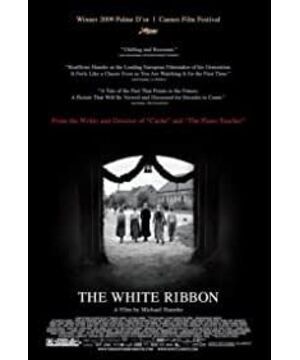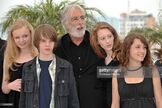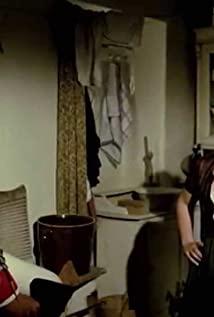Haneke said that the theme of this film is God's right hand-cruelty. However, the cruelty of God is love, and the cruelty of man is pure evil. The hypocrisy of adults' behavior has exposed the virtues in their mouths, allowing children to learn hypocrisy and indifference from an early age. It should be said that people arrogantly overstep God's majesty before turning cruelty into evil.
The language of the camera is very good. The rhythm of the dialogue is in line with the mood of the scene. It is possible to cut without cutting as much as possible, but it is not surprising, it is just accurate. The scheduling of "Family Training" is indeed not difficult, but it is shuddering to think of how the father beats his son, and how his son beats others. In the second half of the 36-minute conviction ceremony, the pastor hesitated while giving the sacrament to his daughter. About the killing of the birds, he had become aware of his daughter's evil.
Looking back, Klarna's hypocrisy and Martin's stubbornness are fully demonstrated. After pulling the sling for the doctor, he went to visit his child. Martin walked on the bridge probably to make sure that God does not exist at all—the capable person is God, which they learned from those adults who are full of spirit and demeanor.
The film still wins in its morals and script. It tells how the crowd bullies the weak and excludes dissidents. It resonates with the current European atmosphere. It is also a familiar Christian metaphor. No wonder it won the award. To talk about the shortcomings, the main reason is the poor narrative. It can be seen that they want to tell a story, so "the strange things are repeated", but there is no connection between the strange things, and the romance with the teacher is even more difficult to fight, and there is also the assassination of Ferdinand. This kind of political situation is connected with each other by religious metaphors, and the tone is a bit high. I want to use stories to attract people, but I don't want to work hard on the story. In the end, it's like a collection of moral fables. No wonder it's bored.
What impressed me the most was the discussion of life and death with my sister and brother for 20 minutes, and seeing philosophy in the ordinary. Finally, the little boy pushed the plate, which symbolized the limitations of people.
View more about The White Ribbon reviews










